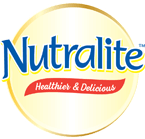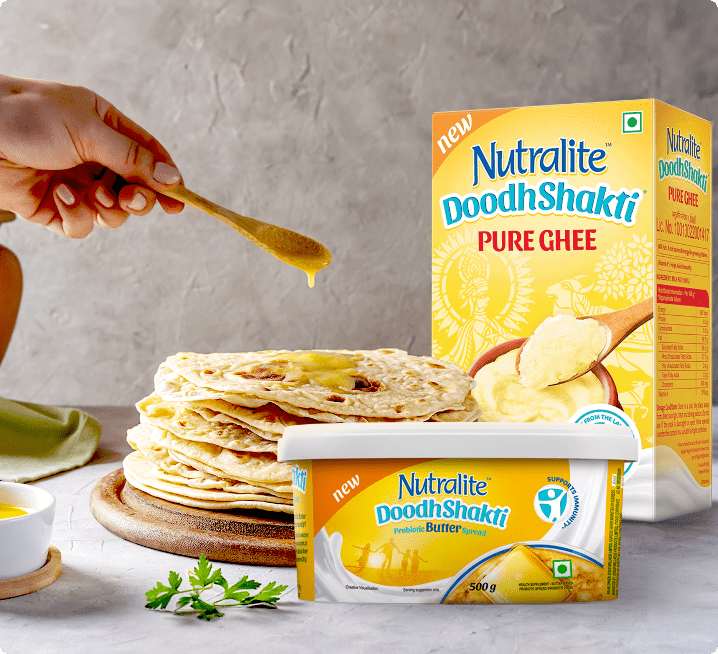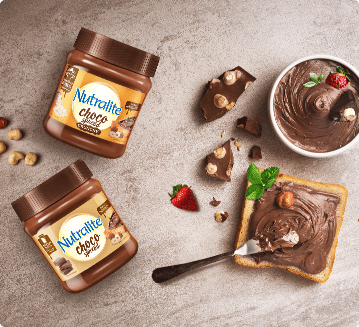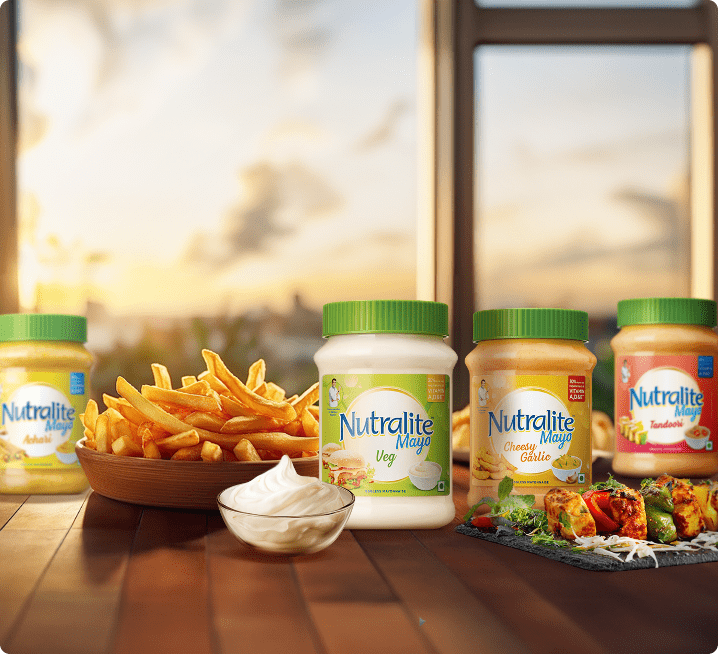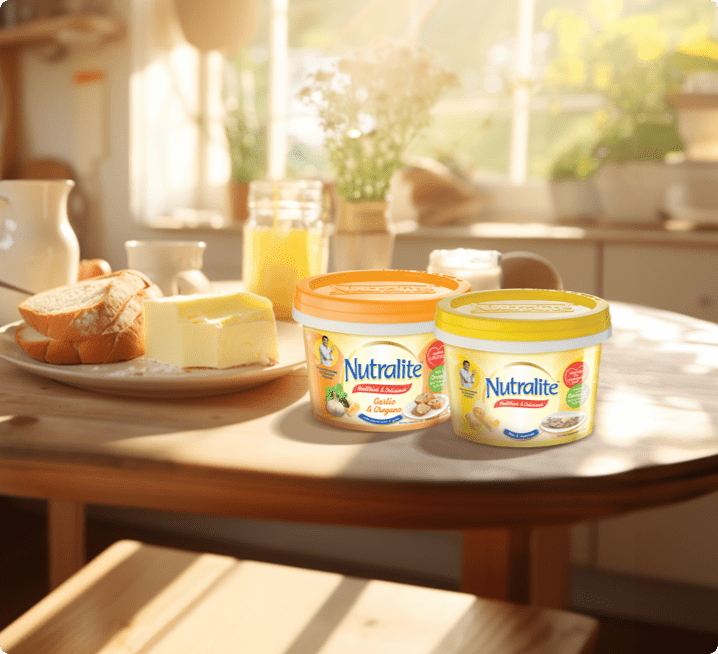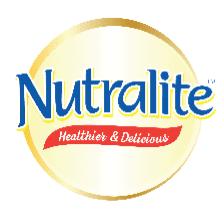Home » Is Your Child Missing Out On These Vital Nutrients?
Is Your Child Missing Out On These Vital Nutrients?
Home » Is Your Child Missing Out On These Vital Nutrients?
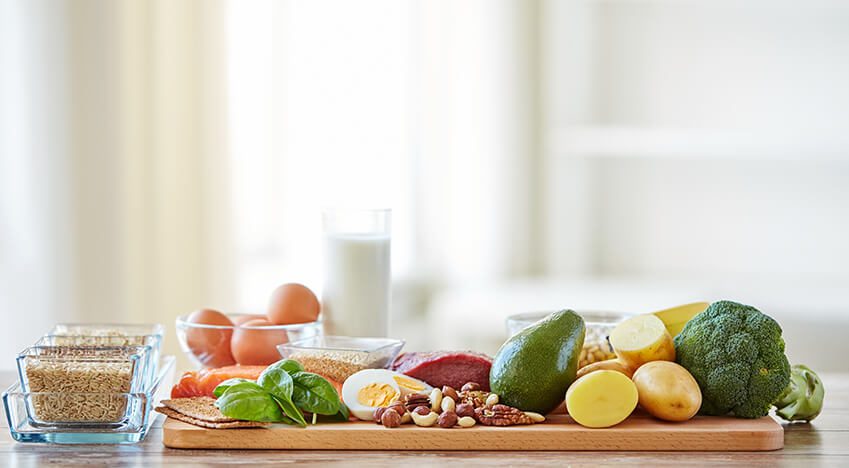
Is Your Child Missing Out On These Vital Nutrients?
As parents, we are always doing the best they can in order to keep their child happy and healthy. School going children need a whole lot of nutrient-rich foods. If they don’t get nutritious meals, they will not be able to fair well at school due to a poor attention span and weak concentration power.
So, we need to ensure that our kids have well-balanced meals so that they are able to stay alert in class and excel in their studies. But with a busy lifestyle, it is difficult to keep track of the nutritional needs of the kids. What kind of nutrients do they need? What do we do to ensure they have a balanced diet? Read on to find out!
Fats [33-78 gms/day for kids under 13; 50-125 gms/day for teens]
School going kids need to include a good portion of fats in their diet. Kids need fats for their cognitive development so it is essential to include a good portion of fats in their diet. They are a great source of energy, help absorb the other nutrients better. You can find healthy fats in foods like dairy products, meat, oils and fish.
Vitamin A [275-400mcg/day for kids under 13; 700-900mg/day for teens (14-18 yrs)]
Another very important nutrient that your child needs is Vitamin A. It is good for the eyes, helps to keep the skin healthy and helps prevent infections. Foods that contain Vitamin A include spinach, carrots, egg yolks and cabbage.
Vitamin D [3000 IU/day for kids aged 4-8 years; 4000 IU/day for kids aged 9-18 years]
A very important nutrient for growing children, this vitamin helps kids get stronger bones and muscles. This is because it helps your body absorb calcium better. Kids can obtain it just from playing outside in the sunlight (wearing sunscreen, of course), egg yolks, cheese and fatty fish.
Vitamin E [300-600mg/day up to age 13; 800mg/day for teens; 1000mg/day after 19 yrs]
It is a powerful antioxidant that helps protect the cells from damage due to free radicals. These free radicals can cause cancer, heart disease and cataract. Sunflower seeds, spinach, almonds and sweet potato are great sources of vitamin E.
Fiber [25-26gm/day for kids up to age 13; 38 gm/day for teens]
It keeps the digestive system working properly. It can also help prevent diabetes and heart disease. Having fiber helps keep your child feeling full as well. Children can obtain fiber from fruits, vegetables, beans and fiber-rich cereals.
Iron [8-10mg/day up to age 13; 11 mg/day for teen boys, 15mg/day for teen girls]
Haemoglobin is a compound present in the red blood cells that helps carry oxygen to all the cells in our body so that we can stay active and healthy. The body needs iron to produce haemoglobin. A lack of iron will cause the red blood cells to become pale and this leads to a condition called iron deficiency anemia. This condition can lead to poor performance at school. To prevent this, make sure your child consumes enough iron in their diet. Spinach, beans, lentils and meat are great sources of iron.
Calcium [1000-1300mg/day for kids up to age 13; 1300mg/day for teens]
Children need calcium for strong bones and teeth. It also supports healthy functioning of the muscles and nervous system. A few good sources of calcium are dairy products like milk, yoghurt and cheese and non-dairy products like nuts, broccoli, cabbage, soybean, red beans, salmon, sardines and prawns.
Protein [150-500mg/day for kids up to age 13; 260-780mg/day for teens]
Consuming proteins helps the body build muscles, boosts the immune system and improves immune system. It also acts as a source of energy when the body doesn’t have enough carbs to produce energy. Eggs, dairy, meat products and vegetarian protein sources like legumes, soybean, nuts and seeds.
Now, we know what nutrients your child needs. We also learned where you can obtain these important nutrients. Despite knowing this, our kids are not likely to agree to eat all of these foods. So why not make your child’s nutritious meals tastier while making it more nutritious? Yes, a good mayonnaise like Nutralite Mayonnaise is just what your child needs to get tasty and healthy food. The best part is that the mayonnaise can be used in so many dishes in so many ways and instantly helps meet 30% of your child’s daily vitamin requirement.
